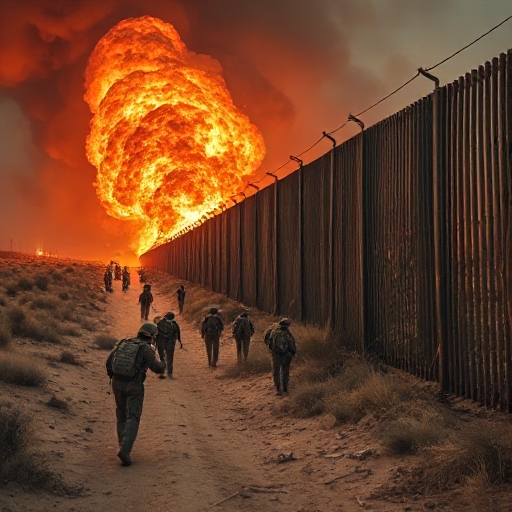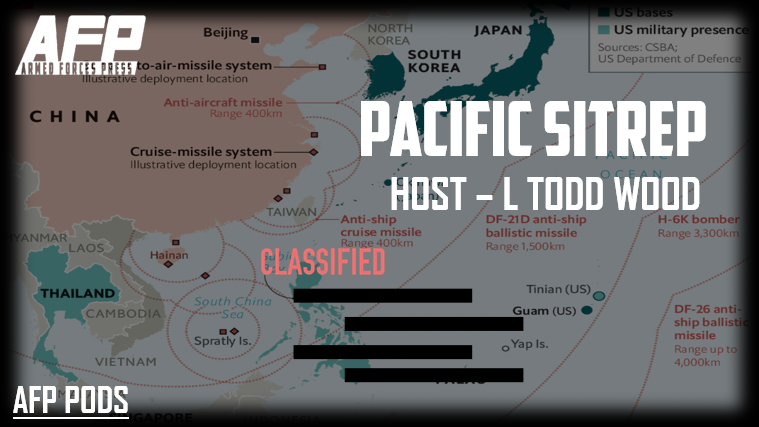Please Follow us on Gab, Minds, Telegram, Rumble, Gab TV, GETTR, Truth Social
On Monday, Secretary of State Antony Blinken visited Papua New Guinea for the signing of a new military pact and surveillance agreement between the island nation and the U.S. as part of the Biden administration's China strategy.
According to a State Department spokesperson, the Defense Cooperation Agreement (DCA) will "replace an outdated Status of Forces Agreement and Memorandum of Understanding regarding defense cooperation."
While details of the agreement have not been released, Papua New Guinea officials have confirmed that the pact will grant the U.S. military access to ports and airports and could eventually lead to the establishment of bases in the country. James Marape, the PNG Prime Minister said on Sunday that the island should expect an increased presence of U.S. forces and contractors over the next 15 years.
"How many soldiers we are looking at, how many contractors we are looking at, I do not have that scope today but there will certainly be an increased presence and a more direct presence of U.S. in our country," the prime minister said.
Get gains in the gym in style with AFP Merch!
According to Zerohedge, the surveillance agreement which is a separate deal altogether will permit the U.S. Coast Guard to patrol the exclusive economic zone (EEZ) of PNG. The EEZ extends for 200 nautical miles from the island's coast. Blinken said that the purpose of the surveillance agreement is to "help combat illegal, unreported, and unregulated fishing."
The agreement with Papua New Guinea is seen by many observers as the U.S. response to China's recent security pact with the neighboring Solomon Islands. Top U.S. military officials have also given a clear indication that the alliance is part of Washington's preparations for a future war with China.
According to Gen. Kenneth Wilsbach, commander of the U.S. Pacific Air Forces, the agreement was put in place to expand the U.S. presence in the Pacific thereby creating more areas that China would have to target.
"Obviously we would like to disperse in as many places was we can to make the targeting problem for the Chinese as difficult as possible," Wilsbach said.
"A lot of those runways where we would operate from are in the Pacific Island nations," he added.

























